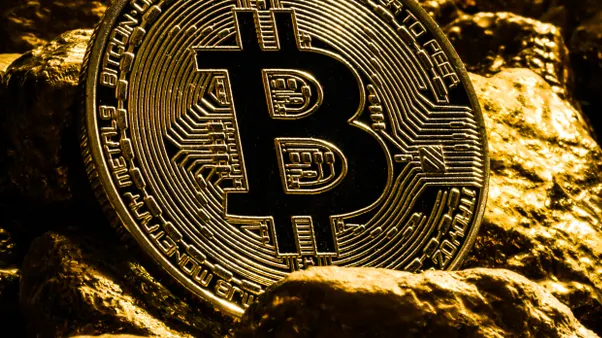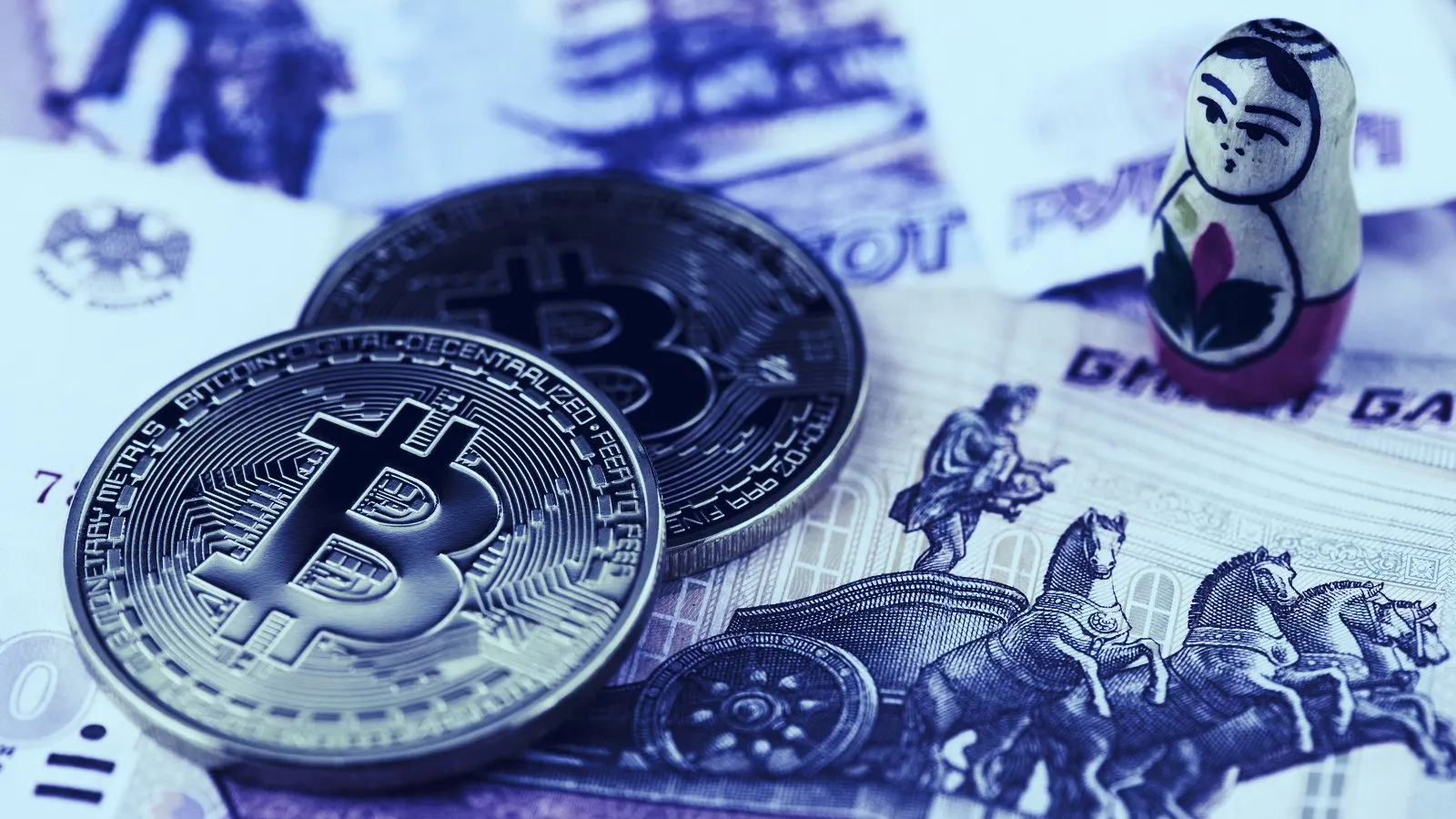In brief
- The government of Russia plans to classify digital financial assets as property, said prime minister Mikhail Mishustin.
- Potential amendments should also hamper "shadow schemes," he added.
- However, his comments mostly relate to security token-like assets and not cryptocurrencies, experts explained.
The Russian government plans to lead the development of the local cryptocurrency market in a “civilized direction,” so that owners of such assets could protect their rights and interests, the country’s prime minister Mikhail Mishustin stated during a meeting held today.
“We will make a number of changes to the Tax Code. Digital financial assets will be recognized as property, and their owners will be able to rely on legal protection in the event of any illegal actions as well as defend their property rights in court,” said Mishustin.
According to him, potential new amendments should also significantly hamper any “shadow schemes” that could involve crypto. However, an expert noted that Mishustin’s latest comments are nothing new.
Speaking to Decrypt, Artyom Tolkachev, lawyer and CEO of decentralized finance-focused firm Tokenomica—as well as founder and former head of Deloitte CIS’s blockchain laboratory—explained that Mishustin hasn’t actually brought anything new to the table today. Amendments to the tax code have already been announced some time ago as the law “On digital financial assets” (DFAs) even directly implies them.

“Another thing is interesting: it is important to understand that cryptocurrencies are not ‘digital financial assets.’ By their nature, DFAs are more like security tokens, so it is a bit strange that they were considered side by side at a government meeting,” Tolkachev told Decrypt, adding, ”It almost seems like the government doesn’t always understand the laws that it had already passed.”
Additionally, the federal law “On digital financial assets” already contains provisions that imply the possibility of legal protection in the event of a preliminary declaration of cryptocurrencies, Tolkachev added.
“Therefore, one should not expect significant changes. Just as there was no regulation of cryptocurrencies in Russia before, there is still none today—and this is a problem. Moreover, recently we have seen more and more prohibitive initiatives, and nobody needs the regulation of the DFA yet, which are actually security tokens,” Tolkachev summarized.
As Decrypt reported, Russia has recently made some steps towards easing its strict crypto laws—but Bitcoin holders could still face prison time for non-compliance.

